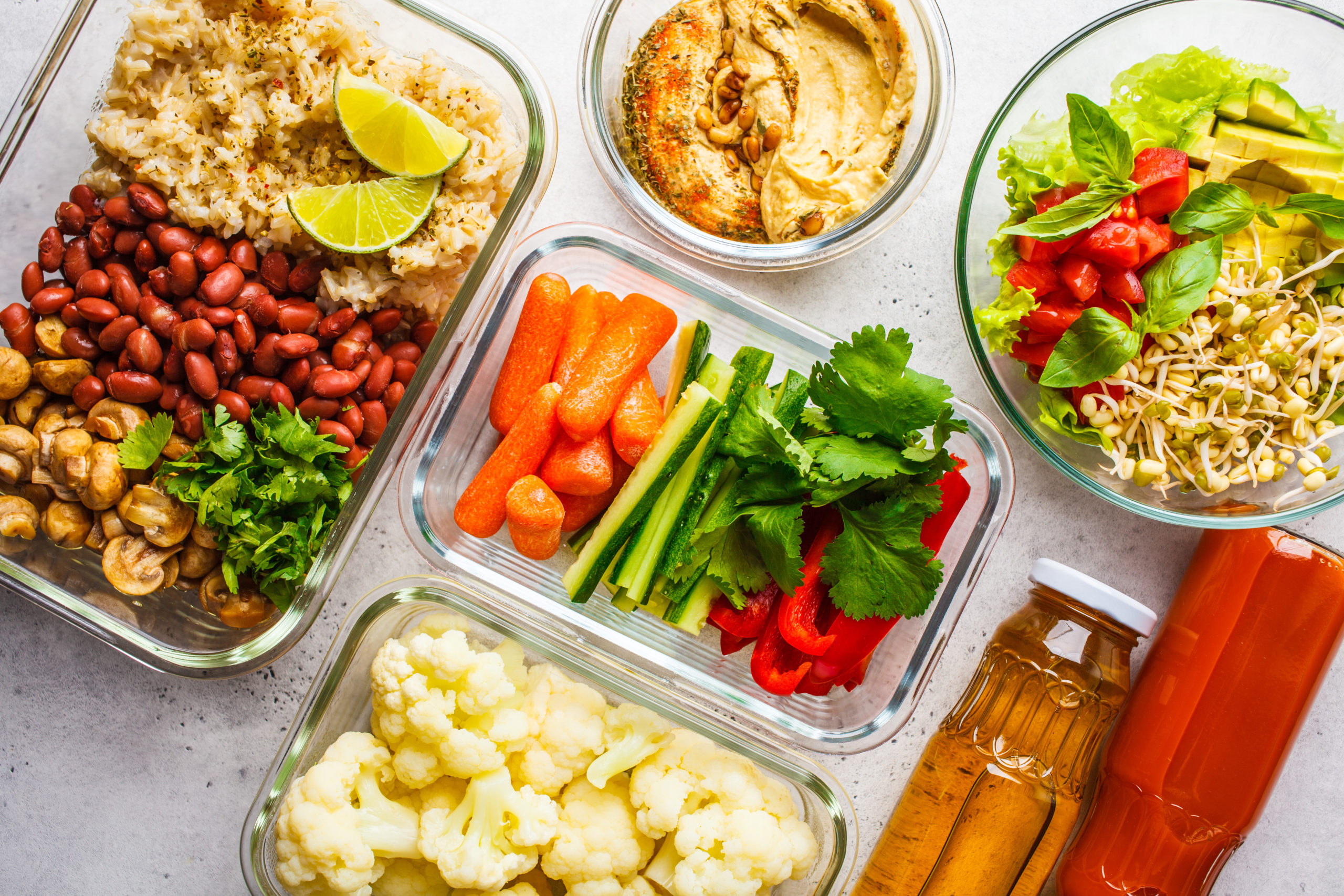“Pro tip: watch out for the word “fragrance.” It’s a little trade secret where companies can list “fragrance” without having to tell you all the ingredients that go into it.
It’s January, and that means that it’s time to clean up your act! Yes, your potty mouth could use a little polishing, but that’s not what we’re talking about here. We’re referring to your personal and household products that could potentially be causing you harm. But, no need to panic; the DiG team is here to provide you with some easy ways to make clean swaps for your home and your health.
Before we go any further, it’s important to clarify what we mean by “clean.” Clean is not a term that is regulated by any governing body (like the FDA), so it can be a little misleading when you see it, along with other marketing terms like “natural” or “plant-derived,” used on labels. When you look for clean products you should always start by reading the ingredient list. Let’s go over that again for those that weren’t fully paying attention — read the ingredient list! This is where you will find the details you need to determine if that product is free from harmful chemicals and ingredients that have been linked to negative outcomes such as cancer, hormone disruption and eczema. Oh my!
Not sure where to start? We’ve got you! Check out the list below for some easy swaps that will get you started on the path to cleaner living.
Swap out your fragrance-ridden and unnecessary dryer sheets for wool dryer balls. Dryer balls will save you money and can even speed up your drying time.
When buying candles, look for one that is 100% soy or beeswax and that uses 100% naturally derived ingredients for fragrance.
Ditch your plastic containers for glass. Research has shown that plastic food storage containers leak chemicals into our food & drinks that can harm our health.
Clean up under your sink by swapping out your personal care products (think makeup, lotion, body wash, etc.). This can be tricky, so do your research and find a great clean brand you love.
Replace your decade-old cookware for a non-toxic upgrade. Many non-stick pans are coated with Teflon, which breaks down due to high heat and wear and tear. This causes harmful chemicals to be released into the air of your home (Uh, no thanks).
Feeling overwhelmed? DON’T! Start small, and over time your efforts will add up to a healthier lifestyle for you and your family. Every little bit helps, and there are some great resources out there for researching products and finding clean alternatives. Cheers to clean!

